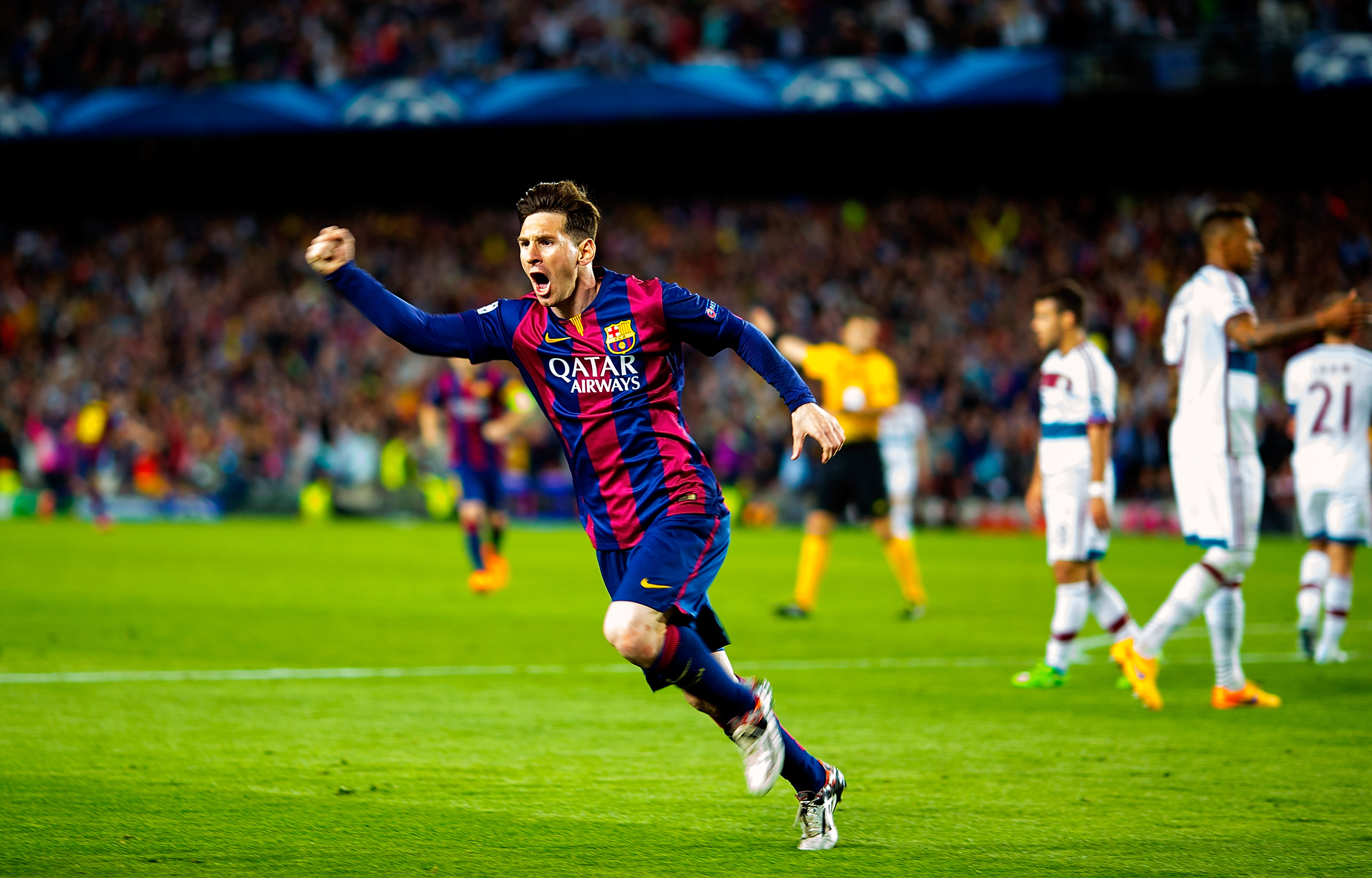Why Joe Gomez might just be walking into career hell
The 18-year-old defender's switch from Charlton Athletic to Liverpool is a big one, but is it too much too soon? James Dutton says history suggests it most certainly is...
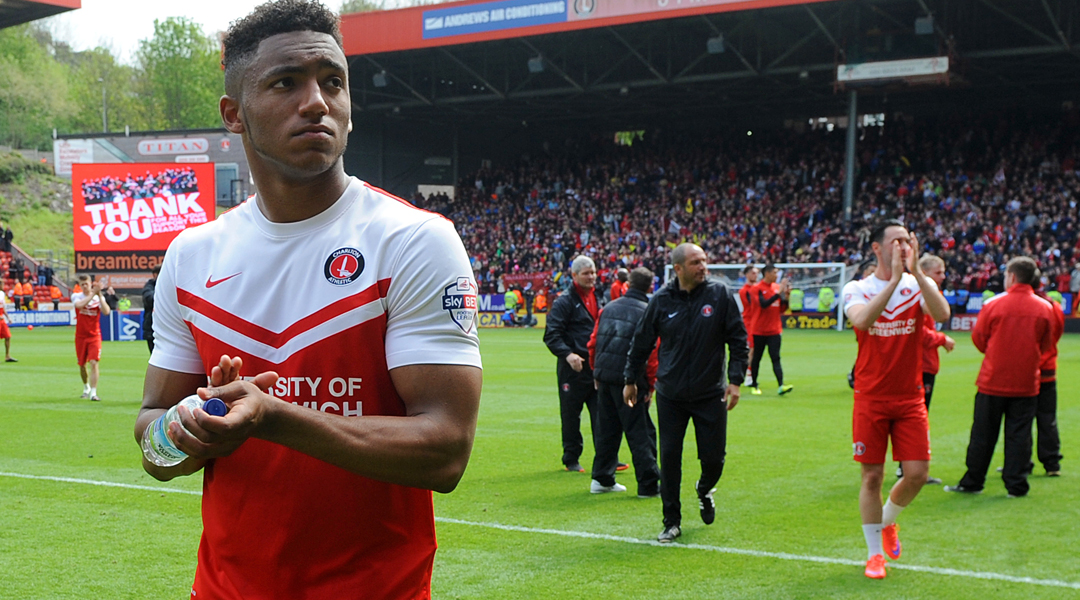
“It’s a dream come true. It’s a bit surreal and it hasn’t really hit me yet. But I’m buzzing and just excited to get started. The club has got great history, it’s a great club, and one that I’ve always been following from when I was young. The style of football and the top players... it was somewhere that I wanted to get better and learn, and play good football. It was an easy decision.”
It’s fair to say Joe Gomez is champing at the bit. A year on from winning the European Under-17 Championship in Malta – earning a place in the team of the tournament – and after 24 first-team appearances for Charlton Athletic last season, the 18-year-old has signed a five-year deal at Liverpool.
It's quite the rise for a player who made his under-18s debut at only 13, and his professional one just last August. On the back of a fairytale ascent over the last year, it would be tempting to see the teenager’s move to Brendan Rodgers' Reds as the next step in his unstoppable career progression.
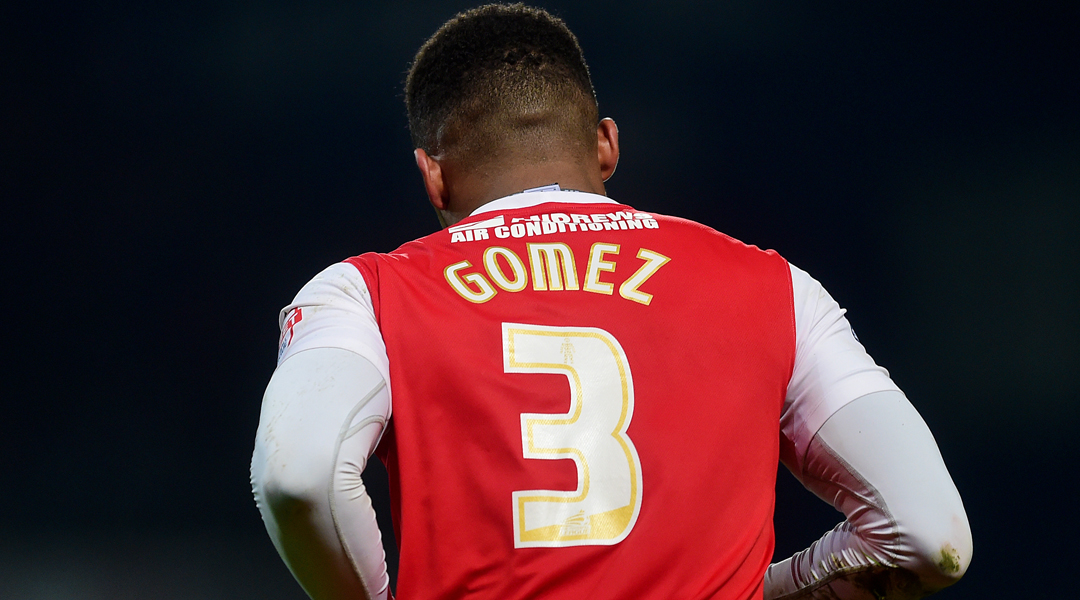
Horrible history
But it’s never quite as straightforward as that. Leaving home at 18 is always a daunting prospect, not least adjusting to the move from south-east London to Merseyside. Then there's the added pressure that comes with joining a side of Liverpool’s stature, in the knowledge that they've fought off Arsenal and Manchester United for your services. More than that, Gomez has the weight of recent history against him.
He is but the latest in a long line of young centre-backs that the club has invested in over the past decade, and the form guide doesn't make for promising reading. Jack Hobbs, Miki Roque, Gabriel Paletta, Mikel San Jose, Daniel Ayala, Danny Wilson, Sebastian Coates, Tiago Ilori. It’s not a glittering track record to inspire Gomez. With Coates linked with a permanent switch to Sunderland this summer, four years after being voted the young player of the 2011 Copa America and having warmed the bench for Uruguay during the 2015 tournament this past fortnight, only Ilori has a chance to salvage something from his Reds career.
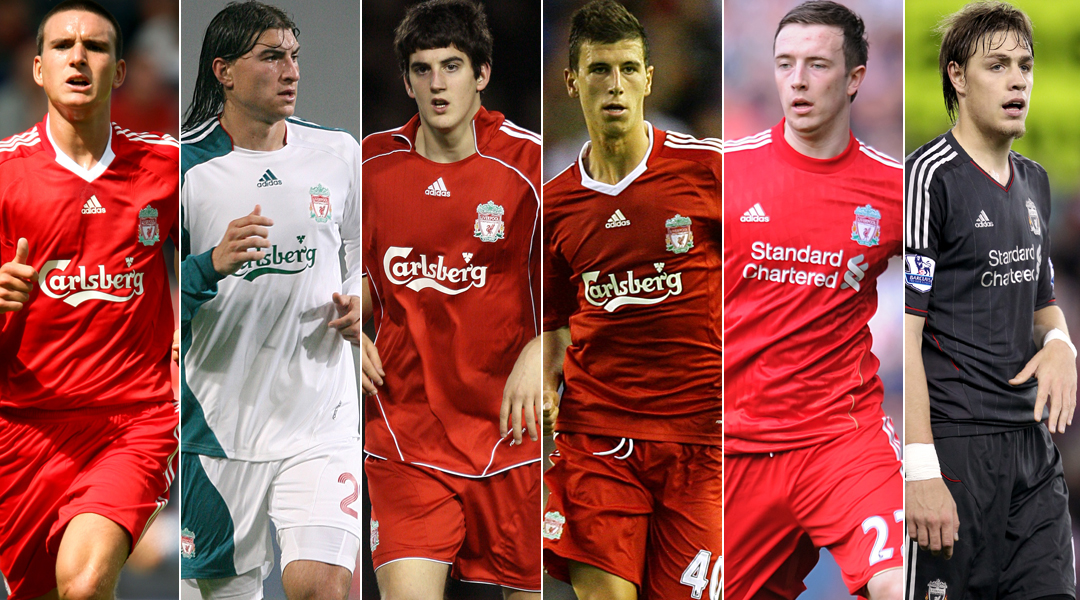
Hobbs arrived at Melwood 10 years ago, and after making his first league start in a 3-1 defeat at Reading in 2007, he was farmed out to Scunthorpe United a month later after Rafa Benitez bought Martin Skrtel.
Get FourFourTwo Newsletter
The best features, fun and footballing quizzes, straight to your inbox every week.
Roque made a single substitute appearance in the Champions League before leaving for Real Betis in 2009, but his life was tragically cut short by pelvic cancer in 2012. Paletta arrived with high hopes after winning the 2005 World Youth Championship with Argentina. Yet having made eight first-team appearances he was never seen again after a 6-3 League Cup defeat to Arsenal in January 2007. Now 29, he plays for Milan.
San Jose spent two seasons in the reserves after joining from Athletic Club in 2007 before returning to Bilbao, where he’s now a first-team regular and Spain international. Ayala was thrown into action as a substitute on the opening day of the 2009/10 season, a 2-1 defeat at Spurs, before Sotirios Kyrgiakos arrived as defensive cover days later. Still only 24, he became a regular for Middlesbrough last season.

After swapping Glasgow for Liverpool in 2010, Wilson has recently returned to Rangers after making only nine first-team appearances for the Reds in three years. Ilori, born in Hampstead of Nigerian and Portuguese heritage, signed for Liverpool from Sporting for £8 million on transfer deadline day in September 2013 and has yet to make his first-team debut after spending two years out on loan. He has, however, impressed for Portugal's under-21s this summer.
The catch-22
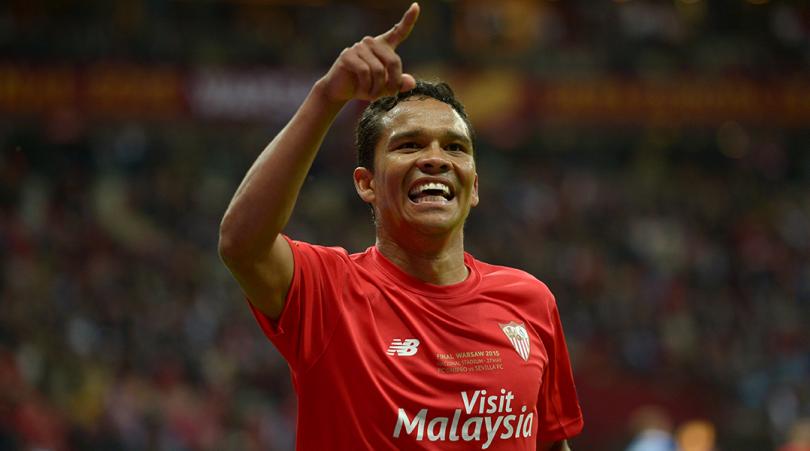
Centre-back is the hardest position to master, and managers have become loath to throw a youngster in at the deep end. It’s a position where judgement, awareness and intelligence are your allies, more so than technique, which cannot be harnessed through training drills but minutes on the pitch. Experience is king. Martin Kelly and Andre Wisdom both struggled to assert themselves at centre-back at Anfield due to a lack of opportunities. Kelly, 6ft 4in and with the build of a centre-half, was shifted to full-back in the first team and never given a run in his favoured position. Wisdom, sent on loan to Derby and West Brom in the past two seasons, is still yet to have a run in the centre and his development has been stunted to a degree by the conflicting methods he has been taught under Steve McClaren, Alan Irvine and Tony Pulis.
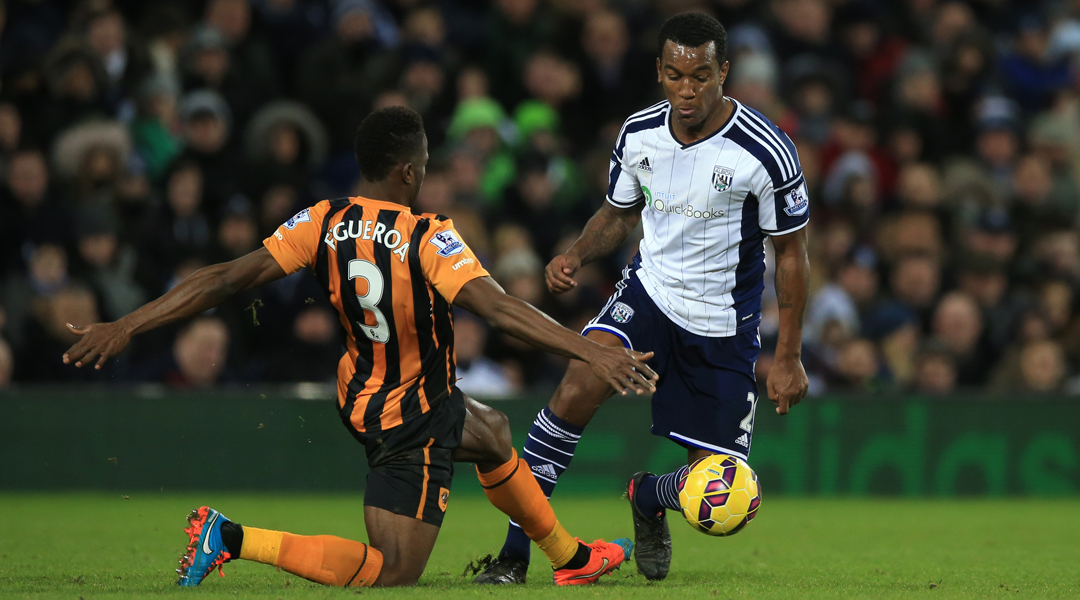
When he returns to Melwood this summer, will he have developed like Rodgers will have wanted him to? Or will the coaching staff have to start over again? It comes down to trust. In an era when a manager is never further than five defeats from the sack, the development of youngsters is put to the backburner, and none more so than at centre-back where experience, not potential, keeps clean sheets.
Gary knows best
Loans are seen as the quick-fix solution; a guarantee of playing time under someone else’s watch, where the parent club doesn’t have to suffer through the trials and tribulations of growing pains.
But not all young centre-backs are loaned out – Chris Smalling and Phil Jones were 20 and 19 respectively when they joined Manchester United, and their development since has been kept 'in-house'.
The influence of Sir Alex Ferguson and the lustre of Old Trafford was traditionally seen as the ideal training ground for young footballers. But five and four years into their time at United, can anyone safely say Smalling and Jones have developed to the best of their abilities?
Jones, once spoken incredibly highly of by Ferguson and others, has morphed into a figure of fun, better known for tackling the ball with his head than positional discipline and defensive intelligence. Shifted around at full-back and centre-half, occasionally in midfield, would the pair not have been better off playing 200 Premier League games for a mid-table side before making the leap to a big club in their mid-twenties?
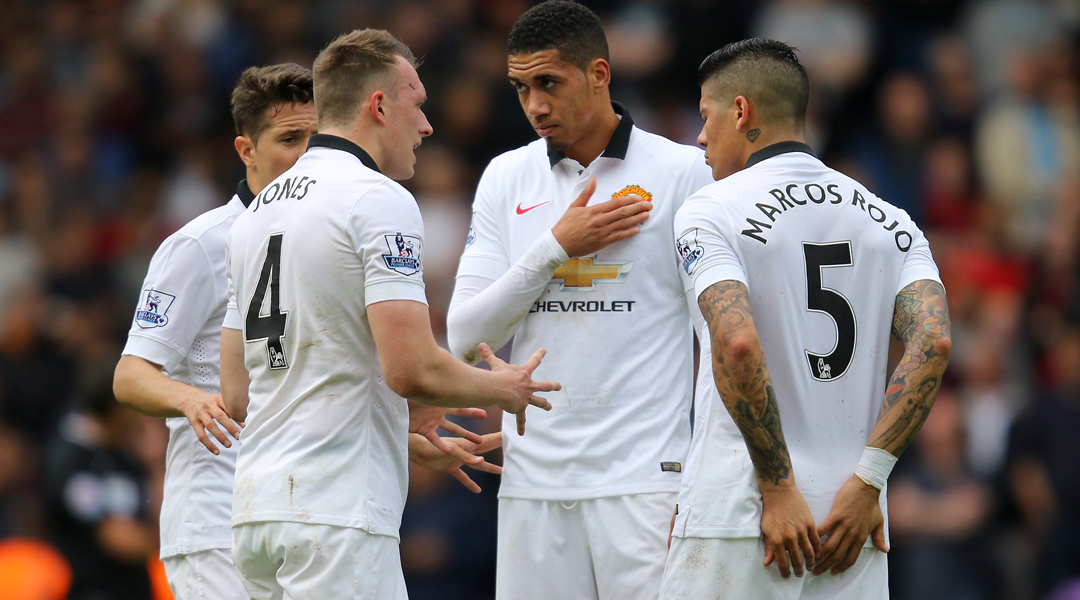
There are few better examples to follow in English football right now than Gary Cahill, who made the right moves at the right times in his career, taking a relative step down from Aston Villa to Bolton Wanderers to earn game time, before making the big move up, aged 26, to Chelsea.
Gomez has a long way to go before he can even consider replicating the trophy haul that Cahill has earned, or his regular international recognition. As much as his development depends on how he approaches his future, it could also lie at the whim of others. The danger of being another lost to the system is very real.
